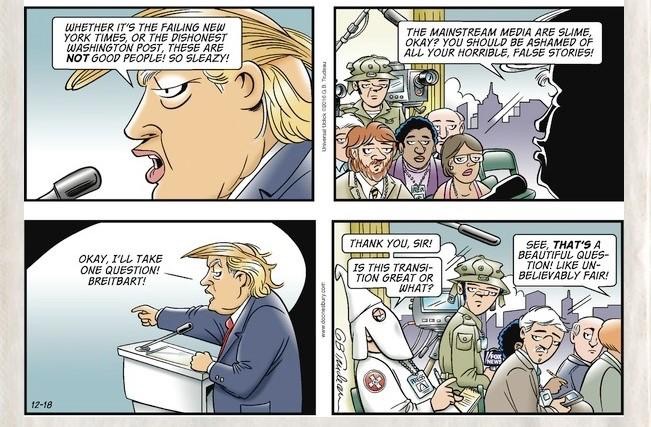My think-tank Polis is hosting a public debate at the LSE on Wednesday January 25th at 6.30pm with the London Press Club on how the news media should respond to a Trump Presidency. In the wake of Brexit there are all sorts of issues being raised about the new ‘populism’ and the wider context of ‘fake news’, propaganda, hacking, trust, and ‘elite’ bias in ‘post-truth’ or ‘post-fact’ world.
So far the speakers will include CNN’s Brian Stelter via Skype from New York, the Economist’s Anne McElvoy, Channel 4 News’ Matt Frei – a former Washington Correspondent, and James Ball from BuzzFeed who used to work for the Guardian in the US (and for WikiLeaks) plus Alex Sundstrom from Republicans Abroad.
#LSETrump
You can reserve a free ticket by clicking here.
I hope that we can get beyond the usual liberal angst on this. Just because the Remainers and the Democrats lost doesn’t mean that the world has gone mad or that it’s the end of civilisation. I think that we label a lot of things as ‘fake news’ or ‘post-truth’ simply because we disagree or don’t understand something. But I do agree that journalism is facing some real challenges to adapt to changing political cultures in the US and UK – and perhaps in other countries, too. There’s a lot at stake.
Here are some articles by me about these issues – they include a lot of links to other people’s opinions.
What does the Trump triumph mean for journalism, politics and social media?
How can we clean up media and democracy in 2017?
How do you report on something that isn’t true? Dealing with Trumps Tweets
Deliberation, distortion and dystopia: the news media and the UK EU referendum
This article by Charlie Beckett, director of Polis, LSE @CharlieBeckett

